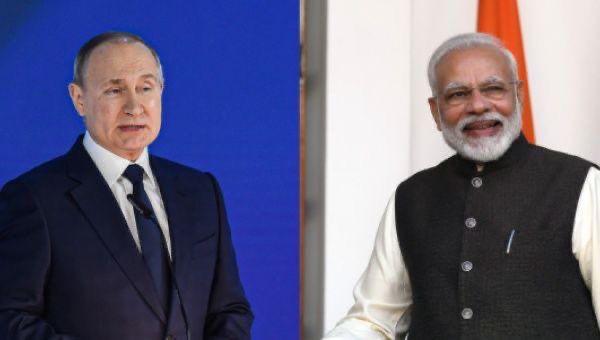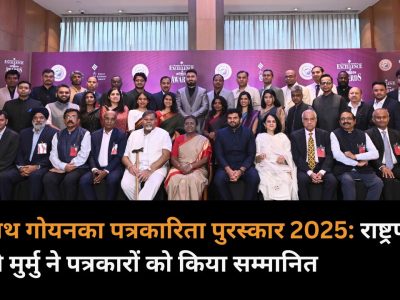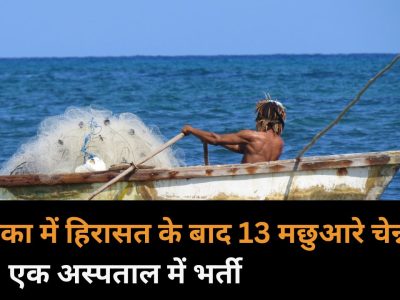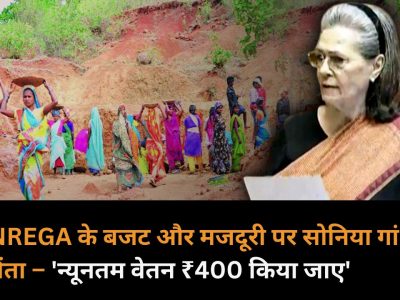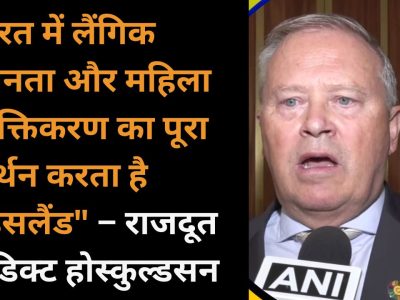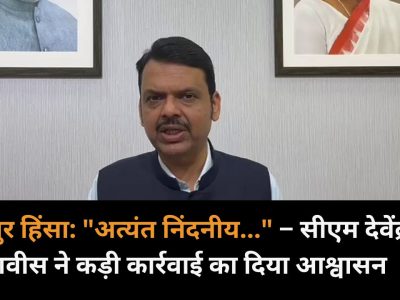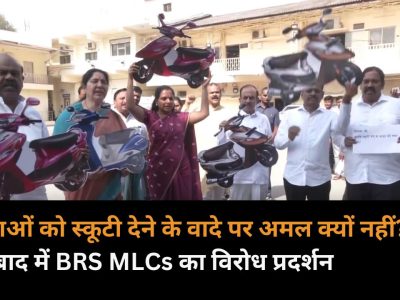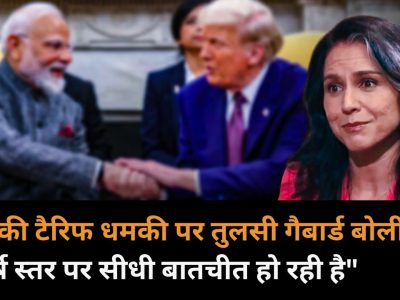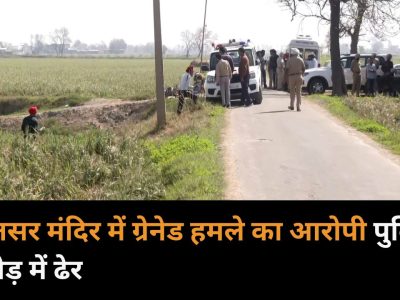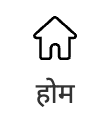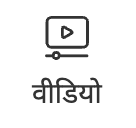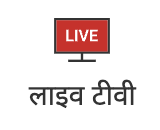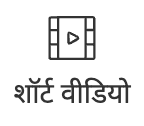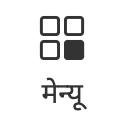– Indian Prime Minister Narendra Modi is expected to visit Russia in July for the annual India-Russia summit, marking his first visit to the country in five years. His last visit was in September 2019, when he attended the Eastern Economic Forum in Vladivostok. The tradition of the annual summit began in October 2000 during President Vladimir Putin’s visit to India.
The final details of the visit are still being finalised. The last annual summit took place in December 2021 in New Delhi, with President Putin attending. The regularity of these summits has been disrupted over the past two years due to the COVID-19 pandemic and other unspecified reasons. This upcoming visit, if confirmed, will be Modi’s first to Russia since the start of the Russia-Ukraine conflict in 2022.
Earlier this month, President Putin had a telephone conversation with PM Modi, congratulating him on his third term. A statement from the Kremlin said, “Vladimir Putin warmly congratulated Narendra Modi on the success of the Bharatiya Janata Party in the recent 18th Lok Sabha elections. This reflects the support of the political course pursued by the Indian leadership, recognition of the results achieved in the socio-economic development of the country and strengthening of its international authority.”
PM Modi’s potential Russia visit is expected to be his first bilateral foreign visit in his third term, although he travelled to Italy for the multilateral G7 summit. President Putin has extended invitations to PM Modi to visit Russia, including during External Affairs Minister Dr. S. Jaishankar’s visit last year. Russia holds the BRICS presidency this year and is set to host the BRICS summit in Kazan in October, where PM Modi is expected to participate given India is a key member of the grouping.
The India-Russia relationship is characterised as a ‘Special and Privileged Strategic Partnership,’ with key pillars including defence, energy, and connectivity. Ahead of the summit, Russia has approved a military logistics pact with India to enhance interoperability between the two nations’ armed forces. In the energy sector, India’s import of Russian crude oil has significantly increased over the past two years, despite Western pressure. Connectivity projects are also a focal point of bilateral cooperation. The International North-South Transport Corridor (INSTC) aims to connect Mumbai to Moscow, facilitating trade between the two nations. Additionally, the Chennai-Vladivostok Eastern Maritime Corridor is being developed to further strengthen economic ties between India and Russia’s Far East.
This visit, if realised, will reinforce the enduring partnership between India and Russia and highlight their commitment to strategic cooperation in various sectors.
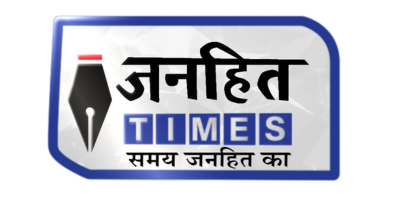



 Subscribe Us
Subscribe Us
